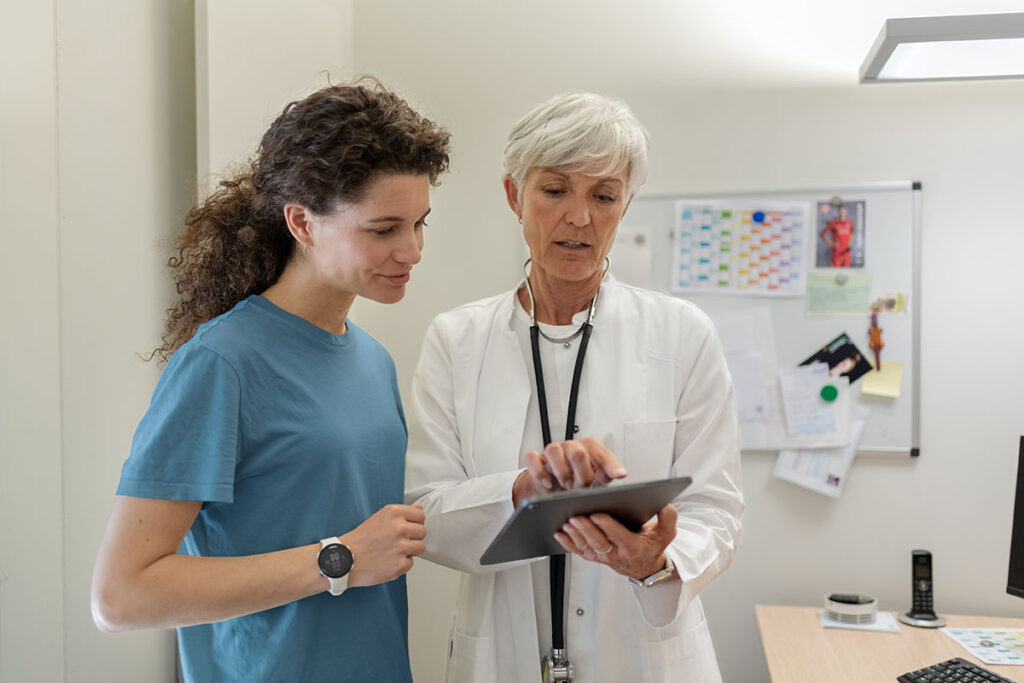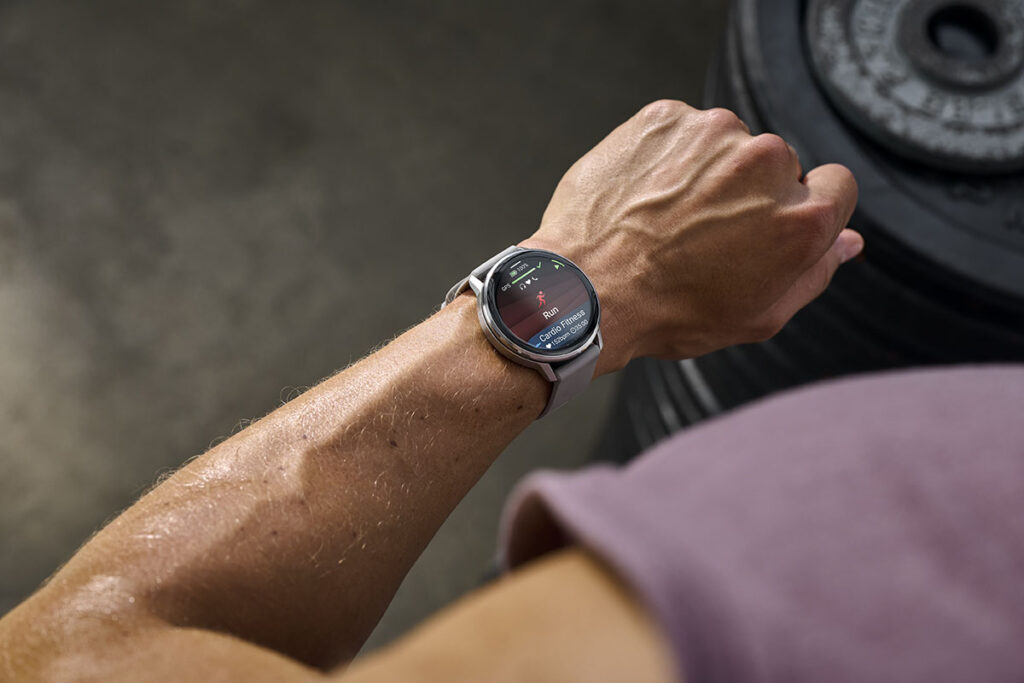Leveraging Biometric Data as Part of Individualized Care
Today marks World Diabetes Day, drawing global attention to the prevention, management, and potential reversal of diabetes. As the worldwide diabetes population continues to rise, consumer-grade fitness trackers and medical devices have become key enablers in digital healthcare and personal health management.
Recent international studies indicate that real-time monitoring and data analysis through wearable medical devices, such as continuous glucose monitors, not only help patients maintain stable blood glucose levels but also offer Type II diabetes patients the possibility of metabolic remission. In Asia, the adoption of technology in chronic disease management is accelerating, bringing new hope for diabetes prevention and care.
Rising Prevalence and Younger Onset of Diabetes in Asia: Three Key Daily Health Management Strategies
The prevalence of diabetes continues to increase globally, with Asia facing particularly significant challenges. According to the International Diabetes Federation (IDF) Diabetes Atlas, 2024, over 240 million people in Asia are living with diabetes, with projections exceeding 300 million by 2045. The report highlights that the prevalence among adults aged 20–79 in the Western Pacific region is 11.1%, and 10.8% in Southeast Asia, both higher than Europe’s 8.0%.
In Malaysia, about 4.8 million adults aged 20–79 are living with diabetes, roughly 1 in 5 adults. While the condition is more common among older groups, younger adults aged 30–45 and women are increasingly showing higher risk and rising prevalence.
Medical research indicates that in the early stages of Type 2 diabetes, focusing on dietary control, regular exercise, and weight management can potentially achieve remission—maintaining acceptable blood glucose levels without the need for glucose-lowering medications. Smartwatches and fitness trackers play a practical role in supporting these three general wellness areas:
- Dietary Control: The Garmin Venu 4 introduces lifestyle logging, which allows users to log custom or preset behaviors – like alcohol or caffeine intake – and view reports on how those choices impact biometrics.
- Regular Exercise: Studies have shown that real-time feedback from fitness trackers helps establish consistent exercise routines, one of the primary ways to reduce risk of type 2 diabetes.
- Weight Management: Smart scales, such as the Garmin Index S2, automatically sync weight and body composition data to the Garmin Connect™ app, enabling long-term tracking.

Integrating Technology and Healthcare: Wearable Applications Supporting Diabetes Management
As health data integration continues to advance, individuals are no longer passive recipients of care but can actively participate in managing their own health. Smartwatches and fitness trackers play a pivotal role in this transformation, and Garmin Health collaborations demonstrate how this technology can contribute to forward-thinking approaches to glucose monitoring and metabolic management:
Dexcom Continuous Glucose Monitoring (CGM) Integration
Wearable medical devices in selected market help users to track glucose levels and through use of the DexcomConnectIQapp, users can view glucose levels directly on their Garmin smartwatch or cycling computer. This integration allows users to view glucose trends during exercise and work.
Twin Health Personalized AI Metabolic Management
Health data collected from both wearable medical devices and consumer wearables is being increasingly analyzed using AI to create personalized metabolic improvement plans. The collaboration between Garmin Health and Twin Health exemplifies this approach.
Twin Health’s Whole Body Digital Twin™ AI platform integrates Garmin smartwatch data—including heart rate variability, sleep and activity—to deliver real-time, personalized health recommendations. Clinical data shows that over70% of participants with Type 2 diabetes improved blood glucose control, highlighting the potential of wearable data integration in healthcare.
Nighttime Hypoglycemia Prediction Research
A recent study published in the Journal of Diabetes Science and Technology demonstrates that non-medical data from consumer-grade smartwatches combined with machine learning and a third-party app responsible for any medical functionality, has the potential to detect the risk of nighttime hypoglycemia in diabetes patients.
Using heart rate and sleep data collected by Garmin devices, third-party AI models were trained to detect early abnormal trends, improving early detection accuracy and demonstrating the clinical value of non-invasive wearable technology.
Technology Leading a New Era in Healthcare
From AI-driven metabolic analysis to continuous glucose monitoring, Garmin Health collaborators are progressively transforming diabetes care. The integration of consumer smartwatches, medical devices
and third-party digital health solutions enable more precise disease management, timely monitoring, and make the concept of reversal increasingly attainable. As clinical collaborations and data integration continue to expand, smart wearable technology is poised to become a core bridge between healthcare systems and personal health, realizing the vision of “protecting life through data.”
Garmin Health empowers innovative third-party digital health solutions with the Garmin Health Ecosystem, comprised of the Garmin product portfolio and its data integration services. By leveraging the Garmin Health API and SDKs, organizations can receive real-time or existing biometric data – with customizable levels of granularity – in accordance with their specific privacy policies.
Garmin Health is a globally focused division of technology leader Garmin, collaborating with entities in areas like healthcare, research, employee benefits, insurance, fitness and defense.
For more information, visit us online at garmin.com/health.

